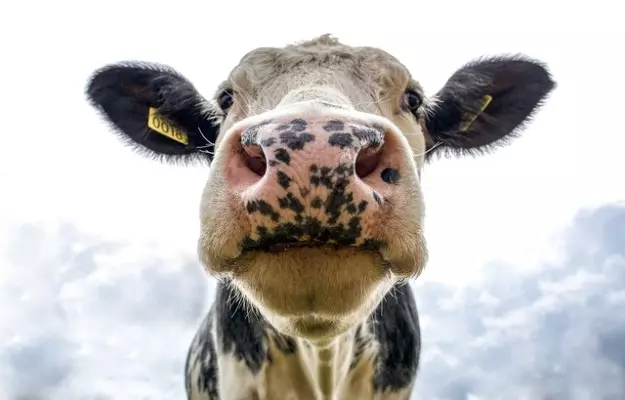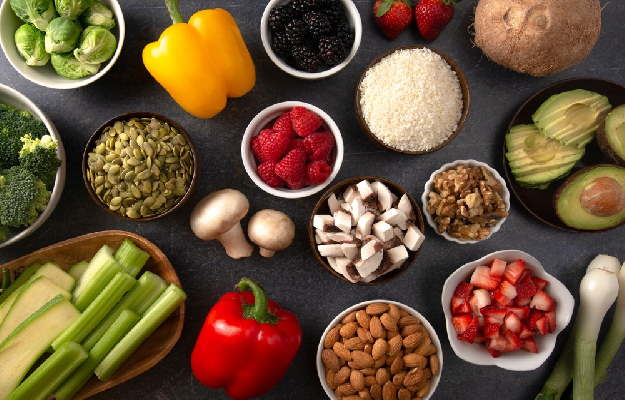After making antibodies against HIV/AIDS, cows could now be put to work to produce millions upon millions of antibodies to fight the new coronavirus infection COVID-19.
In 2017, scientists at The Scripps Research Institute in the US found that they could inject proteins from the HIV virus into cows and the cows responded by quickly producing “broadly neutralizing antibodies”—that is antibodies that could neutralize different strains of the virus—in just a couple of months. (Cows can’t get HIV infection themselves, so they were safe during this research.)
The scientists had explained then that cows have over 75 litres of gut microbes across their four stomachs—their immune system works double-time to keep these in check. For this reason, cows’ immune systems are also much better at adapting to a new virus than the human immune system. The scientists published their findings in Nature, a peer-reviewed journal, in July 2017. (Researchers are still looking for ways to harness this therapy in the treatment of HIV infection.)
Less than two years later, a private company in South Dakota, SAB Biotherapeutics, is enlisting cows to make antibodies against another virus: the SARS-CoV-2 coronavirus that causes COVID-19. SAB’s rationale, however, is slightly different: the company plans to use cows as a kind of incubator for antibody-rich plasma. The conjecture at this point is that if this works, each cow could generate over 35 litres of plasma with antibodies against the new coronavirus infection. If it works, it could make passive antibody therapy for COVID-19 much more widely available. Passive antibody therapy involves the injection of readymade antibodies against COVID-19 into a patient, for faster or surer recovery.
Here’s how the company does it: First, the cows are injected with specific human genes responsible for immunity. Next, proteins from the surface of the coronavirus are injected into the cows—these proteins act like a vaccine (a vaccine typically uses the pathogen or part of the pathogen to induce an immune response). The cows’ bodies do the rest.
SAB Biotherapeutics has previously used the cows to produce antibodies against MERS or Middle East Respiratory Syndrome, also caused by a coronavirus. Those antibodies were reportedly "well-tolerated" in trials, and they showed that it was indeed possible to enlist cows' help to make human antibodies.
Only time—and rigorous testing—will tell whether this therapy will work for COVID-19. SAB Biotherapeutics has tied up with William Klimstra, associate professor of immunology at the University of Pittsburgh, to test the safety and efficacy of the antibodies. If all goes well, the company hopes to begin clinical trials next month.
That said, this development comes at a time when drug makers are launching separate treatments for mild versus severe COVID-19.
It comes at a time when there are several promising vaccine and medicine candidates in various stages of trial, but no clear winner in sight. This, nearly six months after the world first heard about this new coronavirus that could infect humans. (To be sure, these things typically take years to develop, test and perfect.) In the meantime, the virus is racking up a death toll that is inching close to the half-million mark globally.
It also comes at a time when some patients are having difficulty sourcing convalescent plasma for treatment: convalescent plasma or plasma from recovered COVID-19 patients carries antibodies to the disease. This century-old therapy (convalescent plasma therapy or passive antibody therapy) takes antibodies that one patient's immune system makes to fight the infection, and uses them to treat another patient. The trouble is that this therapy is not scalable.
In this climate, SAB's therapy that claims to both prevent the disease and slow its progression in people who are already infected has naturally piqued interest.
Read more: Llama antibodies may bring us closer to a treatment for COVID-19. Here's how


















